As one of the newest adventure RPGs to hit the market, Wuthering Waves boasts pristine graphics and impressive displays that will test systems at their highest settings. There are, however, some options that can help you gain better performance on lower-end PCs, such as LOD Bias.
With so many different game aspects that appear on-screen at once, the level of quality you’ll find will vary as you adjust your graphic settings. In Wuthering Waves, you can change your frame rate, the quality of shadows and special effects, and volumetric lighting and fog. All of these options will put stress on your machine, but it will also add to a much more enjoyable experience.
This is what LOD Bias means in Wuthering Waves, and whether you should activate it for your own playthrough.
What is LOD Bias in Wuthering Waves?
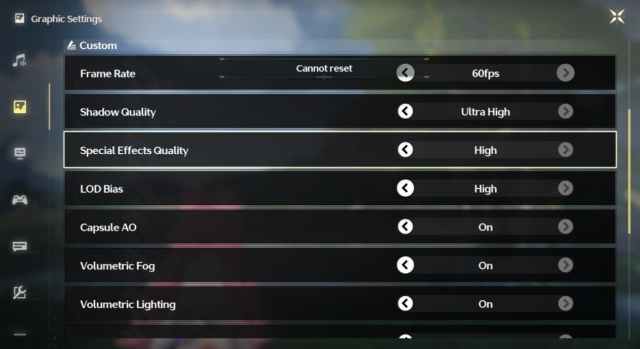
In Wuthering Waves, LOD Bias stands for level-of-detail bias. This affects how detailed an object will look at different distances, and whether your game will favor a more detailed build of the object over a basic design.
LOD levels change based on the distance you are from a certain object, and whenever you are in between levels, you can set whether the game will choose to load more details at any distance or if it will keep lower details at a certain distance instead.
Should you lower your LOD Bias in Wuthering Waves?
If you have a high-end PC, you should be able to run LOD Bias at its High setting. If, however, you’re running into performance issues during your playthrough, you might want to lower your LOD Bias so your machine doesn’t have to load any extra details as you run around the game. You might also want to lower other graphic settings, such as shadow quality, special effects quality, and volumetric fog and lighting, so you can play at a smoother rate.




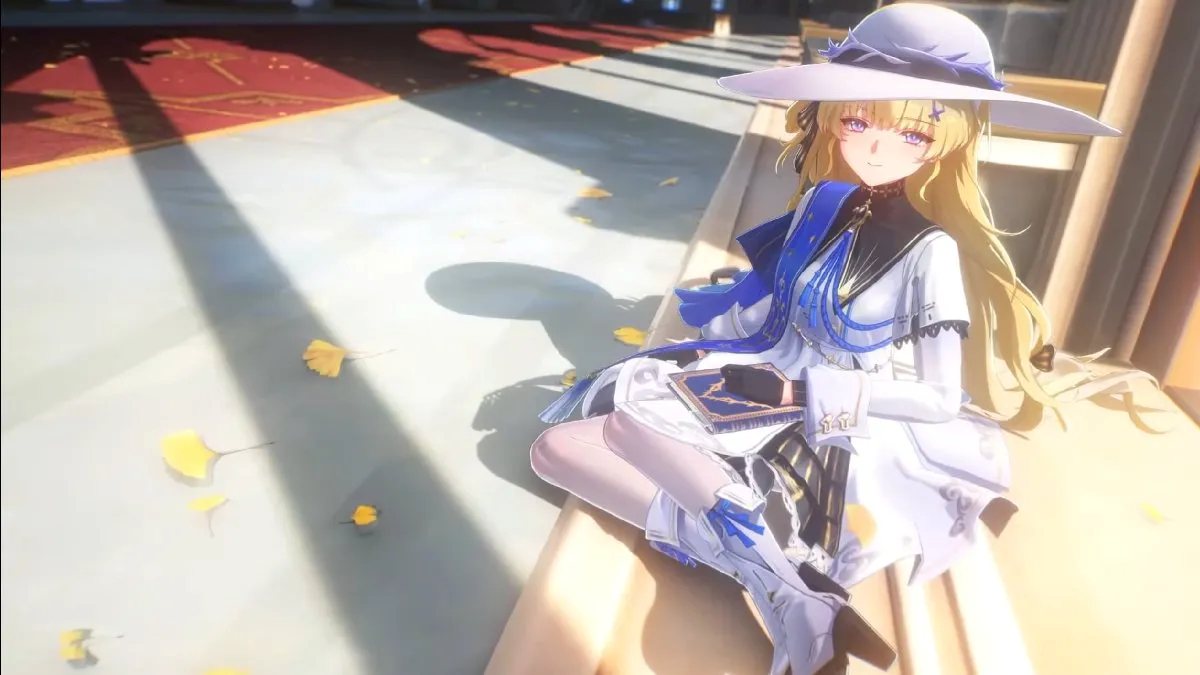


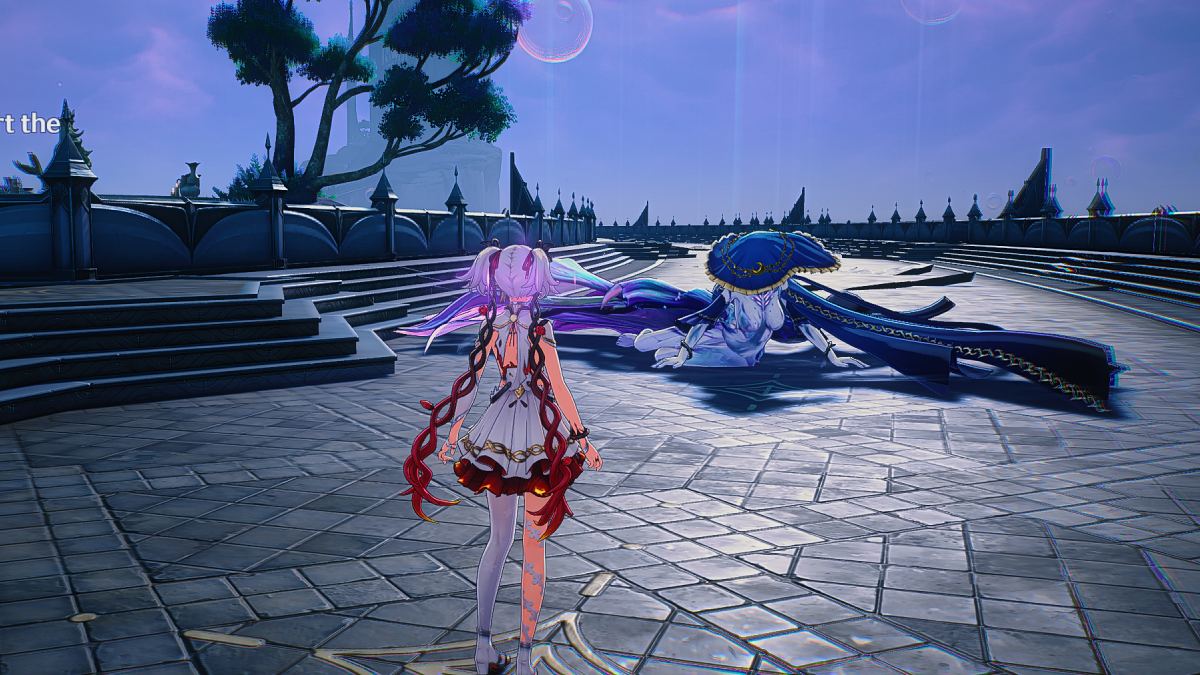

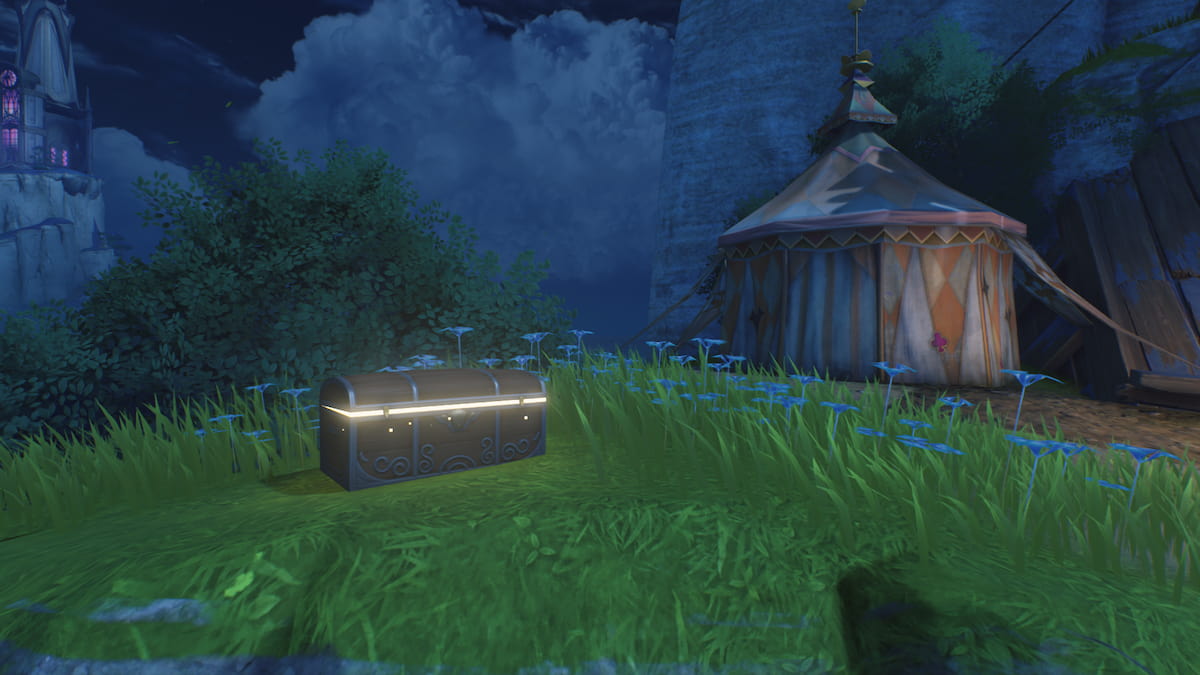
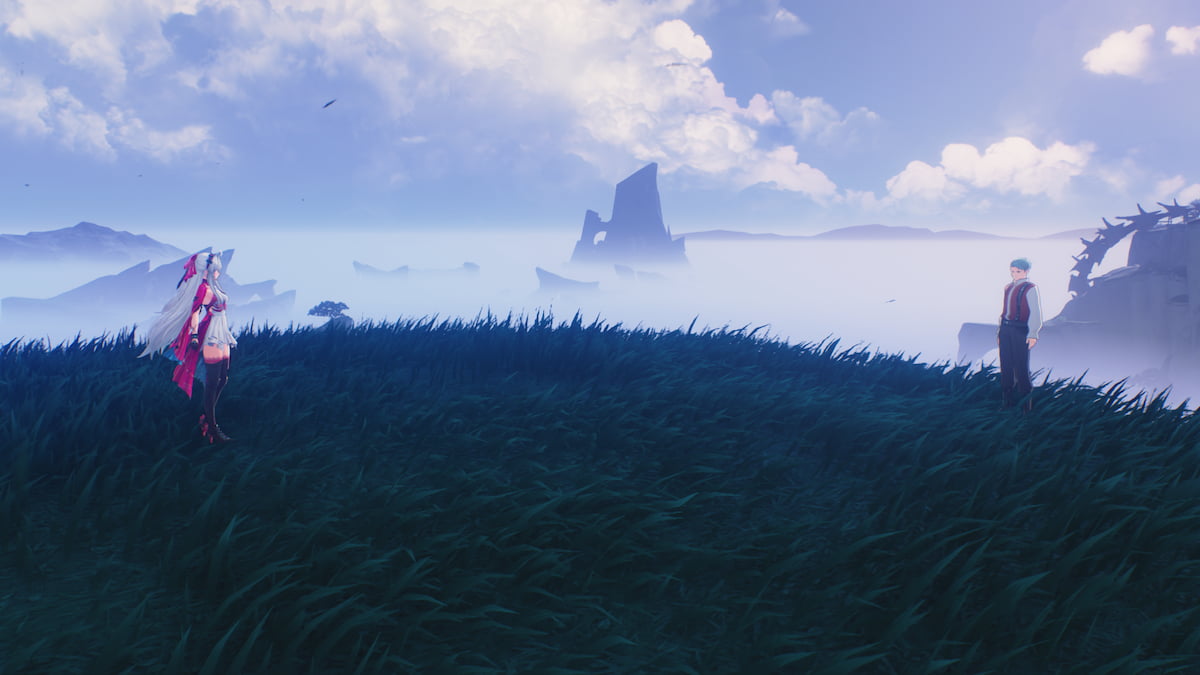


Published: May 23, 2024 11:50 am